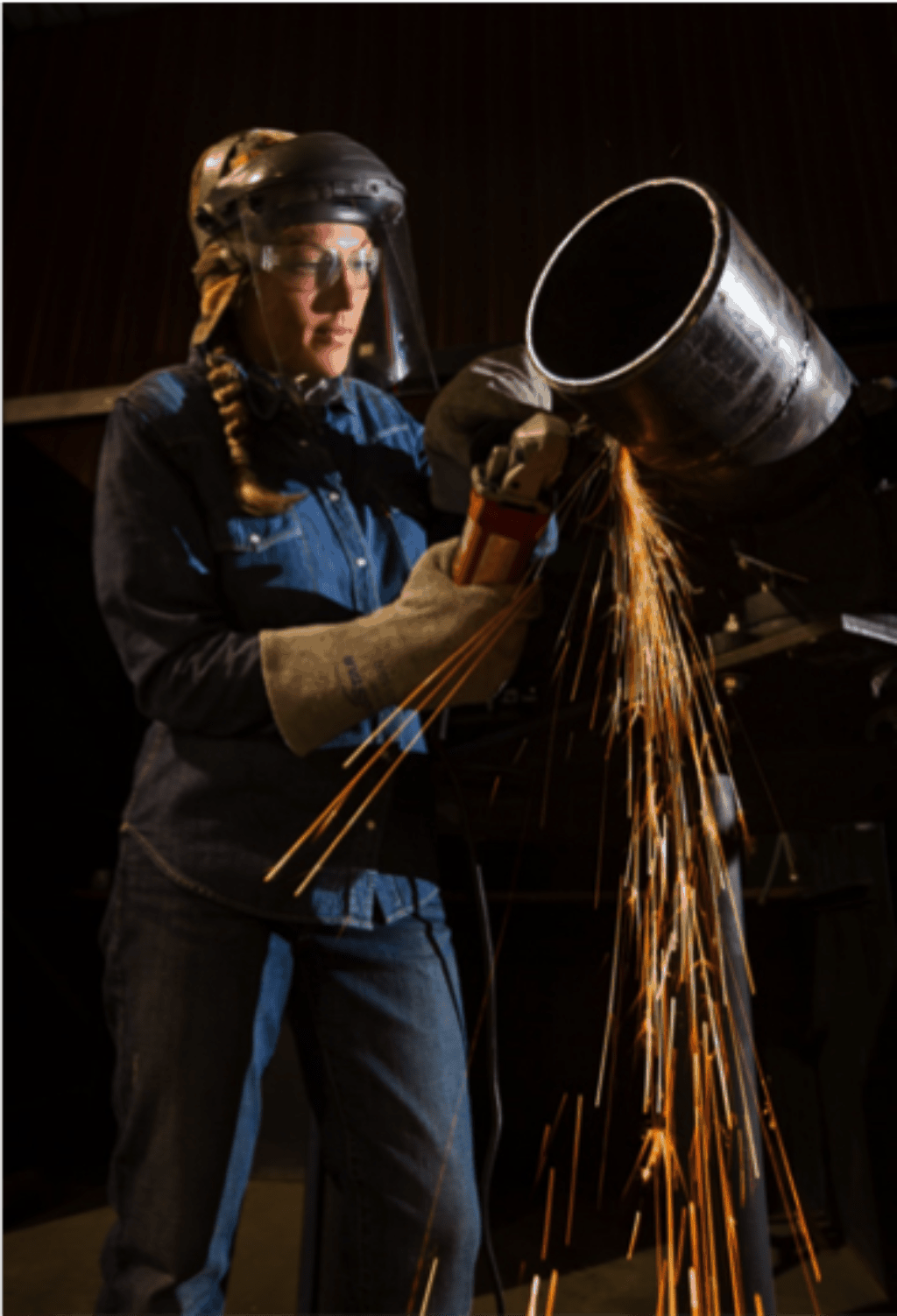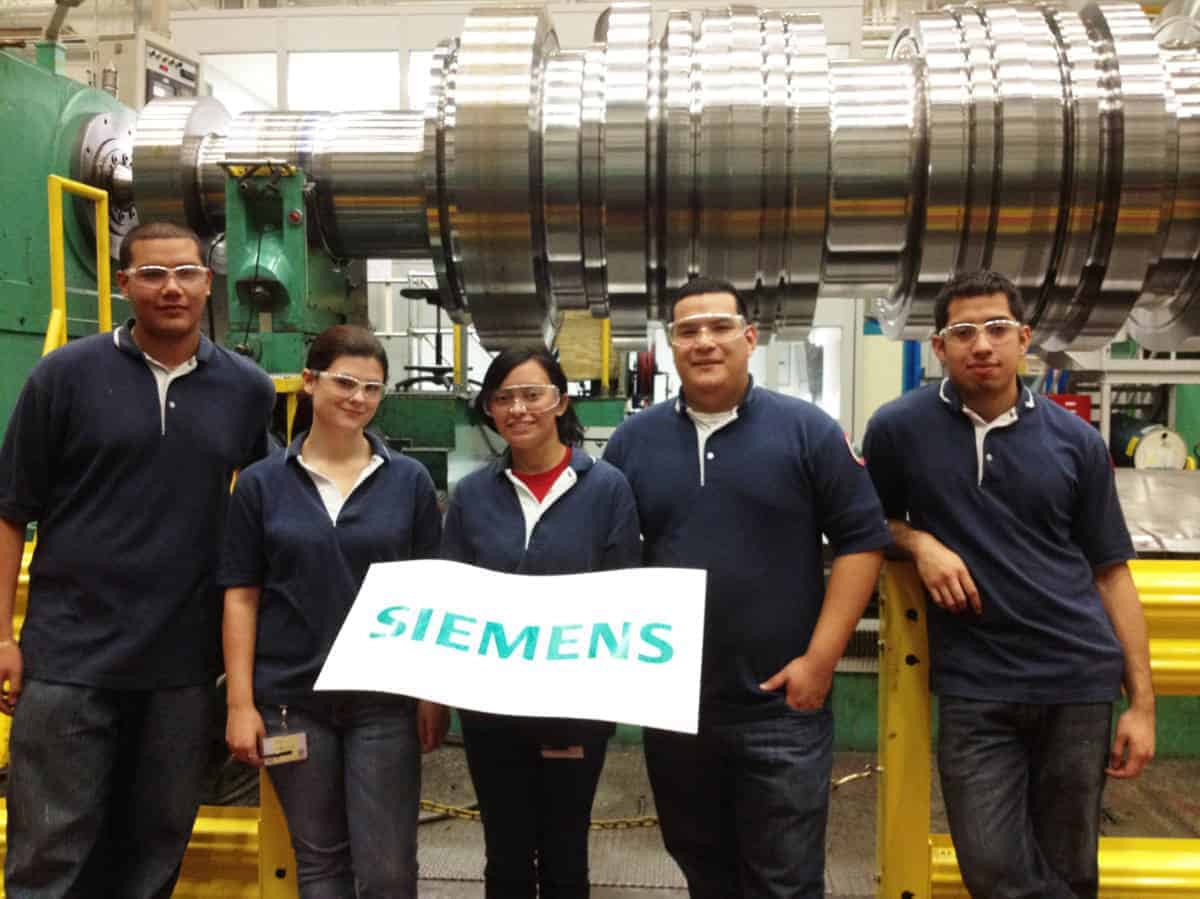What is work-based learning? The Lebanese poet, Kahlil Gibran, wrote that “work is love made visible.” Then, perhaps work-based learning is the courtship from which love blossoms? Okay, maybe that definition is too figurative, so perhaps, work-based learning should be defined by asking individuals from across North Carolina. In 2014, the North Carolina Community College did exactly that and invited a group of volunteers from public and higher education, workforce development, and businesses to help develop a common definition for work-based learning that could be used within the community college system. The process resulted in an entire dictionary of definitions, some as colorful as the poetic verse of Gibran’s description of work.
Now, thanks to a policy academy grant from the National Governor’s Association, a second convening of business, education, and state entities is underway. With the support of Governor Roy Cooper, the goals for this group are to create one, comprehensive definition of work-based learning that can be leveraged statewide, to inventory and scale existing high-quality work-based learning programs, and to develop a communications strategy that will support work-based learning becoming the norm with students, parents, educators, and employers. To date, the group has agreed on the foundational definition and three categories in which this type of learning plays out.
Work-based Learning strengthens North Carolina’s talent pipeline by providing awareness, career exploration, and real-world career experiences to build employability and technical skills.
Career awareness is making people aware of careers and igniting passion or interest in those careers.
Career exploration is providing people with an opportunity to explore areas of interest.
Career experience is creating more in-depth training opportunities in the work-place for people to get hands-on.
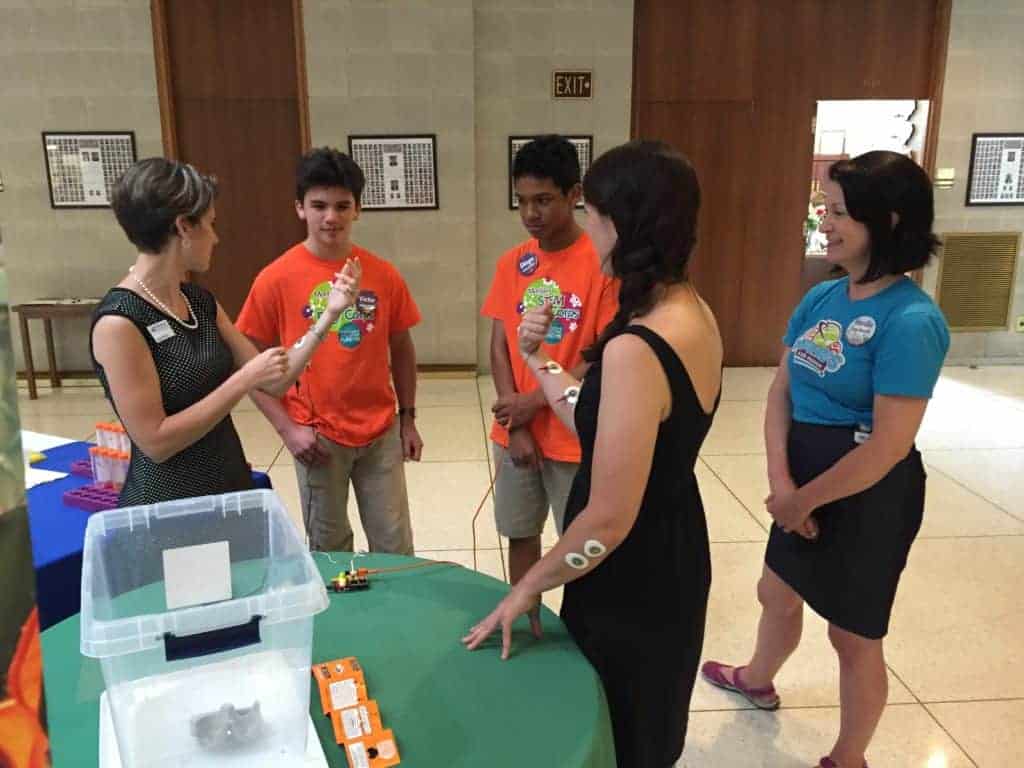

Why is work-based learning important?
The NC Community College System has held several industry-sector roundtables over the past year. Inevitably, industry participants at these events indicate that one of their greatest challenges is finding potential employees who possess employability skills or the soft skills necessary to be successful on the job. Data collected through a bi-annual employer needs survey conducted by the North Carolina Department of Commerce’s Labor and Economic Analysis division has shown that technical skills, employability skills, and work experience are consistently identified as three of the most pressing challenges to finding and retaining a qualified workforce. The Organization for Economic Cooperation and Development (OECD) studied work-based learning programs through community college and business partnerships, and reported that participants in these programs showed improved soft skills, improved classroom performance, and reductions in incarceration rates. Furthermore, work-based learning provided an opportunity for career exploration, and valuable work experience that improved a participant’s chance of landing a great career at the businesses involved in the experiences.
The benefit to business and industry from hosting work-based learning participants is also reflected in the report by OECD. According to the report, work-based learning led to increased employee retention and productivity, provided opportunities to audition potential job applicants, and helped to develop sustainable pipelines of future workers by instilling student interest in careers in their industry.
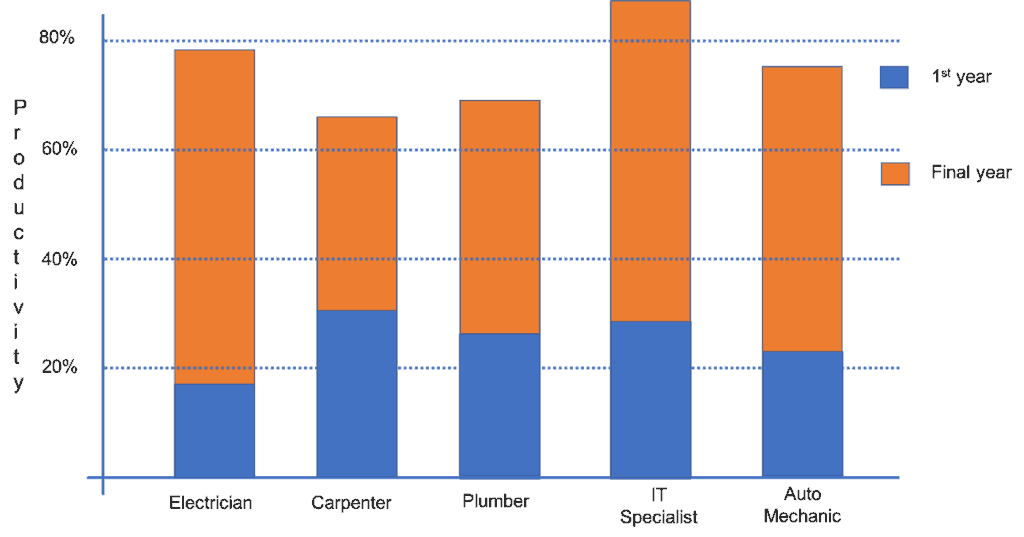

The ‘buckets’ of work-based learning
The new, statewide definition of work-based learning acts as a mission statement of sorts; however, it is not complete without further descriptions that speak to the types of work-based learning that can and should be taking place in North Carolina.
Career Awareness
Career Awareness is the first stage and something that should occur early and often in our students’ education pathways. Awareness of careers can be accomplished at home, through site visits and field trips, and/or by bringing guest speakers into classrooms and career fairs into schools and communities. This type of work-based learning can include career or job profiles, school visits by professionals, virtual tours, and introduction to industries through school-based projects, and more. It is also important to note that career awareness can happen again and again. Today’s students will experience an average of six different careers (not jobs) in their lifetime. Technology is advancing at such a rapid pace that all people will need to adapt to life-long learning – the traditional K-12 curriculum and solitary post-secondary experience is no longer enough. Professionals, with established careers, will also need to take advantage of career awareness to continue advancing professionally. Below are links to a few exceptional online career awareness tools or videos:
Manufacturing: Made in Henderson County
Welding and Engineering (Beaufort County Community College)
Extreme STEM tours (Catawba Valley Community College)
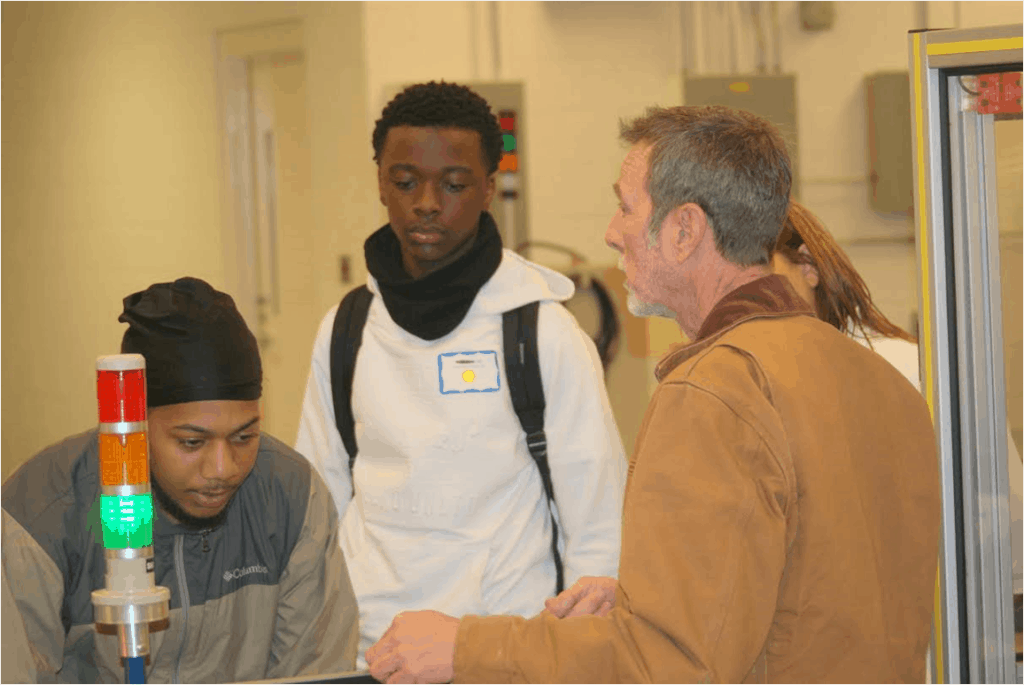

Career Exploration
Career Exploration dives deeper into jobs and careers with more hands-on activities and increased engagement from the employer side. This translates to things like project or service-based learning, student design and science or trade competitions, and school-based or civic leadership opportunities. Career exploration is a fantastic way for people to try something out, with very little investment and decide whether there is an interest and/or fit that supports further investment. As the cost of education continues to rise, it is imperative that we equip North Carolinians with these types of exploratory opportunities. With a national student debt of more than $1.3 trillion and a default rate of just under 12 percent, we cannot afford to let students make uneducated decisions. Below are a few featured videos on student competitions and school-based projects that fall within the career exploration category.
High Altitude Balloon Payload Design Team (Durham Technical Community College)
Service Learning at Wake Technical Community College
Wake County Public Schools and Red Hat Design Blitz
Career Experience
Career Experience is the category when participants begin engaging in the operations of an organization through programs like registered apprenticeships, community college work-based learning courses, internships, clinicals, practicums, and university co-op work experiences. This is the stage of work-based learning that is also the easiest to measure in terms of both engagement and impact. Data is currently collected on apprentices, enrollment into community college work-based learning courses, and clinical experiences. These work-based learning experiences require participants to make an investment on the front end and provide them with a tangible output on the back end, be it monetary support, real-word work experience, high school and college course credit, and even work-product.
Information Technology Internships with NC Department of Information Technology
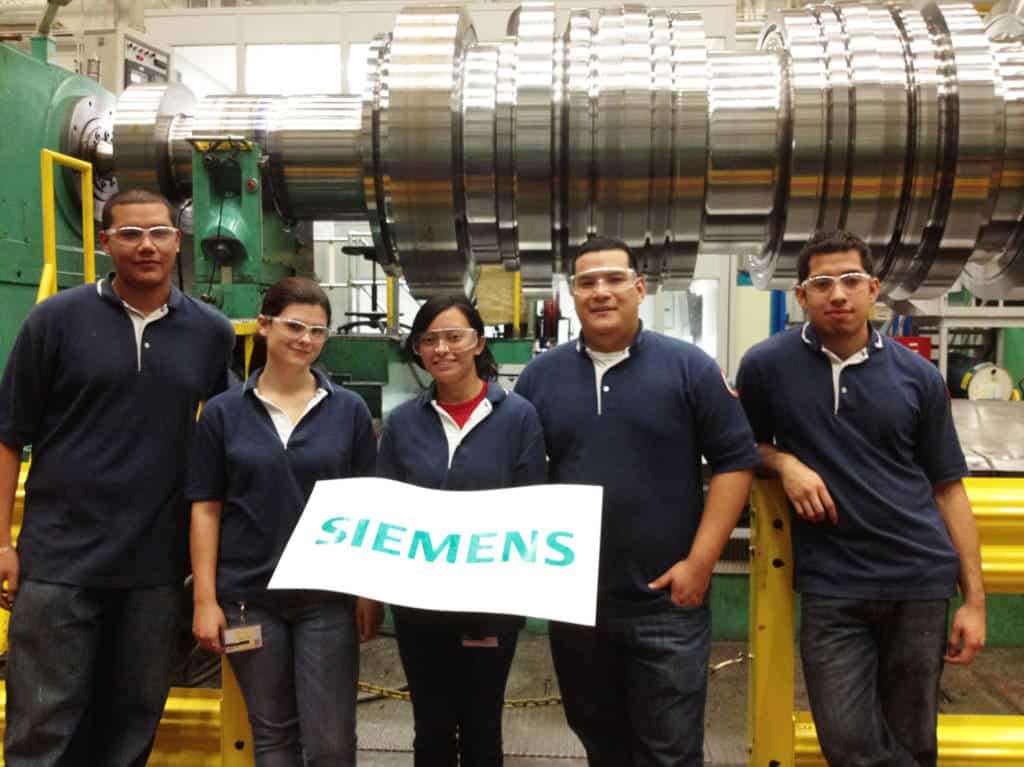

North Carolina’s vision for work-based learning
The long-term vision for work-based learning in North Carolina is more culturally based and will require sustained effort long after the Policy Academy grant ends. The North Carolina team’s vision is to change the cultural norm regarding work-based learning. The team would like for work-based learning to become integral and core in secondary and post-secondary education pathways like English and Algebra. The team desires that work-based learning be regarded as beneficial as AP, IB, or Honors courses in high school.
National experts in work-based learning like Dr. Robert Lerman, founder of the American Institute of Innovative Apprenticeship, acknowledges that many people believe that America lacks a work-based learning or apprenticeship tradition and that is a barrier to growth and expansion of work-based learning programs. However, Dr. Lerman dispels the lack of tradition barrier by singling out England where the tradition faded away following the industrial revelation, yet, the country has seen a resurgence in apprenticeships since 1990s. England went from 50,000 apprenticeships in the early 1990s to more than 500,000 apprenticeships today. Though, the resurgence in England can’t fully be attributed to a change in the cultural norm, as, hard work and changes in policy played a significant role in building momentum around apprenticeships and work-based learning. The years of growth and success in England has now resulted in changes in attitude towards work-based learning in the country. The apprenticeship program at Roll Royce is in such demand that it has become more difficult to get into than being admitted to Oxford University.
The same positive changes experienced by England can happen here in North Carolina. Education, government, and business leaders are already working hard at building momentum around a new work-based learning culture. The courtship has begun, and soon, the pay-off will be career-ready individuals possessing the skills and traits to help North Carolina’s businesses and industries thrive and grow. Creating prosperity from Murphy to Manteo, and thus confirming that work is love made visible.
